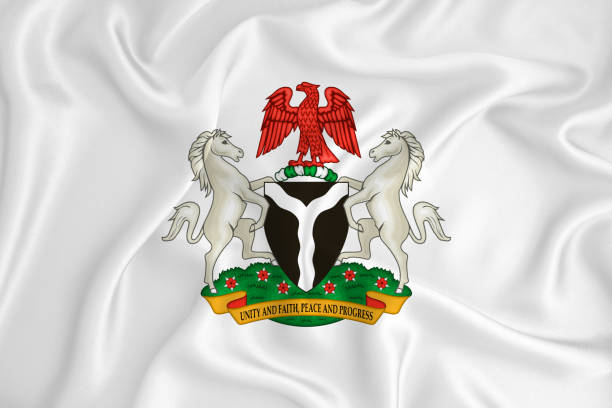
DEMOCRACY DAY IN NIGERIA: THE LEGACY OF JUNE 12 AND THE ROAD AHEAD
June 12 holds a unique and powerful place in Nigeria’s political history. Initially remembered as the date of Nigeria’s freest and fairest election, it has since been officially recognized as Democracy Day a symbol of the nation’s journey toward democratic governance. On June 12, 1993, Nigerians overwhelmingly voted for Chief Moshood Kashimawo Olawale (MKO) Abiola in an election that transcended ethnic and religious divisions. However, the military annulled the election, sparking national outcry and years of democratic struggle. In 2018, President Muhammadu Buhari declared June 12 the new Democracy Day, replacing May 29, in recognition of its historical significance.
The significance of June 12 goes beyond politics. It represents the people’s will, courage, and demand for accountability in governance. It is a date that redefined Nigeria’s democratic values symbolizing sacrifice, struggle, and eventual progress toward civilian rule, which was fully restored on May 29, 1999.
ACHIEVEMENTS SINCE THE RETURN TO DEMOCRACY
1. Peaceful Transitions of Power
Since 1999, Nigeria has experienced multiple peaceful transfers of power between civilian governments, including from one political party to another in 2015 a historic first in the country.
2. Expanded Civic Space
The return to democracy has allowed for more freedom of expression, press freedom, and the growth of civil society organizations. Social media has also enabled citizens to engage in national discourse and hold leaders accountable.
3. Electoral Reforms
Although far from perfect, Nigeria has made strides in electoral processes. Innovations such as the introduction of biometric voter registration, the Bimodal Voter Accreditation System (BVAS), and digital result transmission are aimed at reducing fraud.
4. Growth of Democratic Institutions
Institutions like the National Assembly, INEC (Independent National Electoral Commission), the judiciary, and anti-corruption bodies have gained strength, even though they still face challenges.
5. Youth Participation
Movements like #EndSARS and the passage of the Not Too Young To Run law have empowered young Nigerians to participate more actively in politics.
CHALLENGES FACING NIGERIAN DEMOCRACY
1. Electoral Violence and Voter Suppression
Elections in Nigeria are still marred by violence, intimidation, vote buying, and low voter turnout, which undermines the credibility of the democratic process.
2. Corruption and Poor Governance
Despite anti-corruption campaigns, Nigeria still battles systemic corruption, mismanagement of public funds, and weak transparency mechanisms in government.
3. Insecurity
Rising insecurity from Boko Haram insurgency to banditry and communal clashes threatens national unity and weakens citizens’ confidence in the democratic system.
4. Judicial Independence
There are ongoing concerns about the independence and impartiality of the judiciary, especially in high-profile political cases.
5. Poverty and Unemployment
A democracy thrives when the people prosper. However, economic challenges, including high unemployment and inflation, have contributed to public disillusionment with democracy.
6. Ethno-Religious Divisions
Nigeria’s politics is still heavily influenced by ethnic and religious identities, leading to marginalization and calls for restructuring or secession in some regions.
Conclusion
June 12 is not just a date on the calendar it is a living memory of Nigeria’s collective demand for democracy, equity, and good governance. While there have been notable achievements since the return to civilian rule, many challenges still hinder the realization of a full democratic ideal. As Nigeria commemorates Democracy Day each year, it must recommit to building a system where justice, development, and citizen engagement are not just ideals, but realities for all Nigerians. Only then can the true spirit of June 12 be honored.
By Mikailu Abubakar
elmikailu@yahoo.com
